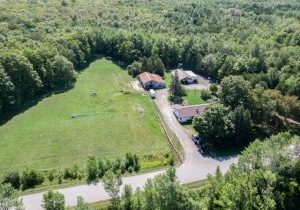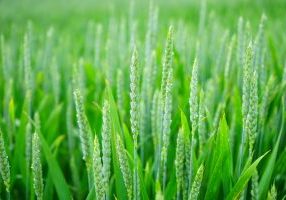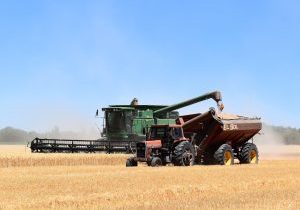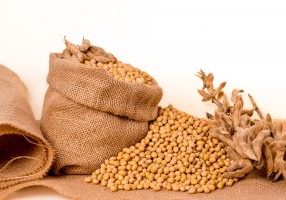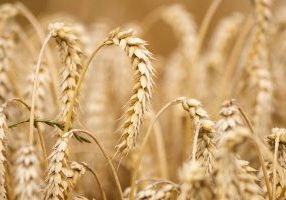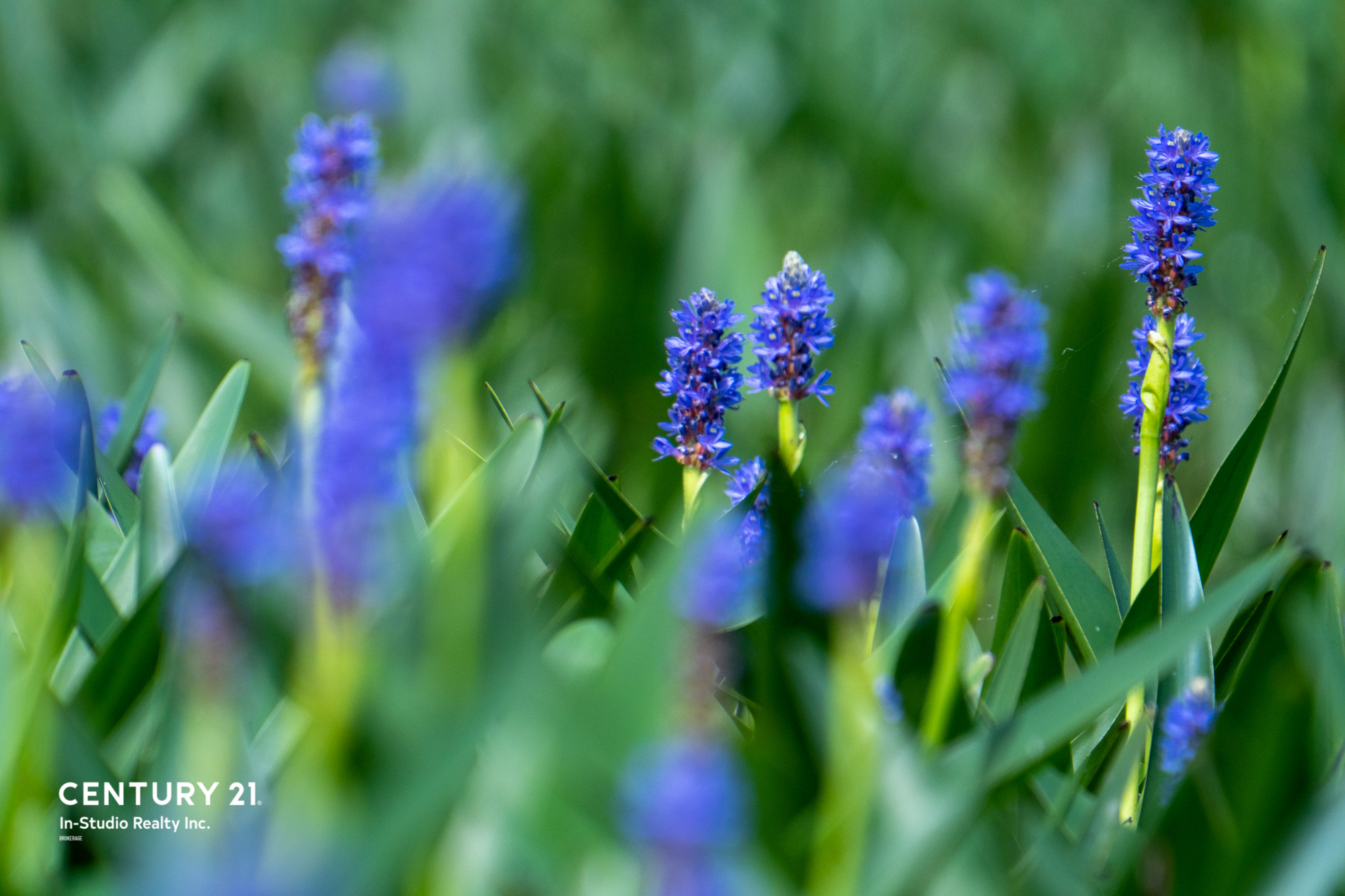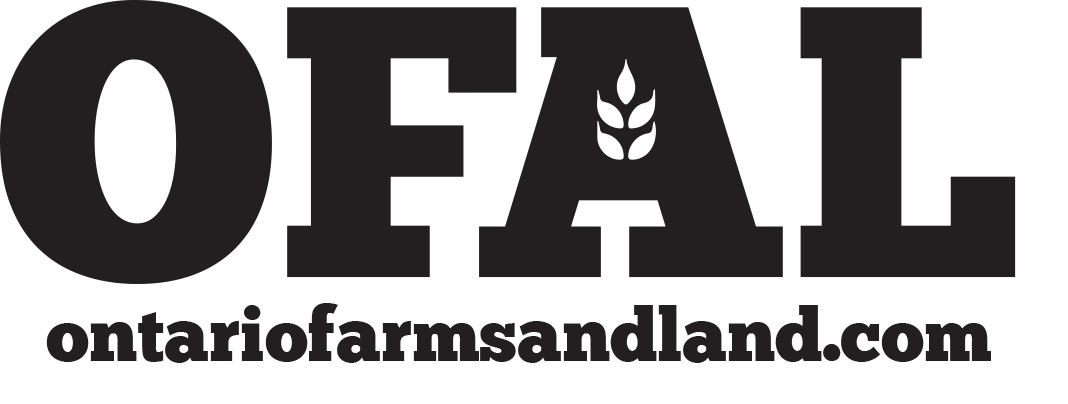Buy Fresh. Support Local. Thank You!
Ottawa Real Estate
The Ottawa region is home to the Capital city of Canada, as well as rich, agriculture heritage and opportunity for new and existing farmers. Located on the Ottawa River, Ottawa is home to the Canada Agriculture and Food Museum which has great programs for visitors regarding Canada’s farming history, opportunities to learn more about the food industry, and food preservation.
While there is a strong culture, innovation and shifting markets have led the agricultural industry to new successes through the addition of agri-tourism, specialty farming, and the interest in organic certified products. Additionally, there is a large market to satisfy, with the majority of Ottawa employed by the government. Therein, Ottawa is home to ample opportunities to connect directly with consumers through farmers’ markets and a variety of seasonal boxes with local products. Although there are large markets in the city of Ottawa, there are rural areas with prime soil for agriculture, and many resources available to support new farmers on their next endeavour!
Find Your Dream Farm For Sale In Ottawa
Local Ottawa REALTORS® Specializing In Farms & Land
Local Resources in Ottawa
Farmers Markets
Ottawa is truly a culinary destination, with opportunities for tourists, residents, and food producers alike to take advantage of resources like Savour Ottawa! Savour Ottawa developed a platform to connect farmers to consumers and restaurateurs for a more direct economic opportunity, as well as developing the Buy Local Food Guide interactive map of the region and food available. Additionally, Community Shared Agriculture boxes are available with local produce, cheese, eggs, and meat from various producers throughout the area to get the best products to your door any season!
In addition to the farmers markets in Ottawa proper, there are multiple markets to tap into in the surrounding suburbs of Ottawa, including Orleans, Abby Hill, Barrhaven, and Beechwood. Check out the farmers’ markets in the region for some examples of year-round and seasonal farmers’ markets below:
- Ottawa Farmer’s Market, Ottawa
- Main Street Farmers’ Market, Ottawa
- Ottawa Organic Farmers’ Market, Ottawa
- Parkdale Market, Ottawa
Veterinary Clinics & Hospitals
Whether you have big or small animals and concerns, you and your farm will be well taken care of with years of expertise in your area with a variety of animal hospitals and veterinary clinics nearby! See below for a list of the larger veterinary clinics and hospitals in the area:
- Carling Animal Hospital, Ottawa
- Findlay Creek Animal Hospital, Ottawa
- Carp Road Animal Hospital, Ottawa
- St. Laurent Animal Hospital, Ottawa
Agriculture Supply Shops
There are primarily local small businesses to service the Ottawa region’s agricultural supply need. Between local support and proximity to larger city amenities with larger chains, you’ll be able to maintain and set your farm up for success! Whether you’re looking for feed suppliers, tools, heavy-duty farm equipment, or service, you’ll find it here. See below for a few great shops to get you started:
- Kinburn Farm Supply, Kinburn
- Ritchie Feed & Seed, Richmond
- Gilmore’s Feed Barn, Metcalfe
- Miller’s Farm and Market, Manotick
Auctions
There are some resources available for auction and appraisal services within the Ottawa region. If you’re looking for more specific agricultural auctions, there are additional resources within an in neighbouring communities that can assist you further in your search for a good deal! See the list below to check out a few of the auctions in the region:
- Ritchie Bros. Auctioneers, Kemptville
- James Auction Service Ltd., Winchester
- Impact Auto Auction, Ottawa
- ADESA Ottawa, Vars
Urban Centers
- Located on the Ottawa River in southern Ontario, Ottawa is the Capital city of Canada with a population of nearly 995,000.
Transportation & Logistics
Transportation
- OC Transpo
o Public transit throughout Ottawa via train and bus
- Ottawa to Toronto – 450 km
Logistics
Ottawa Farming
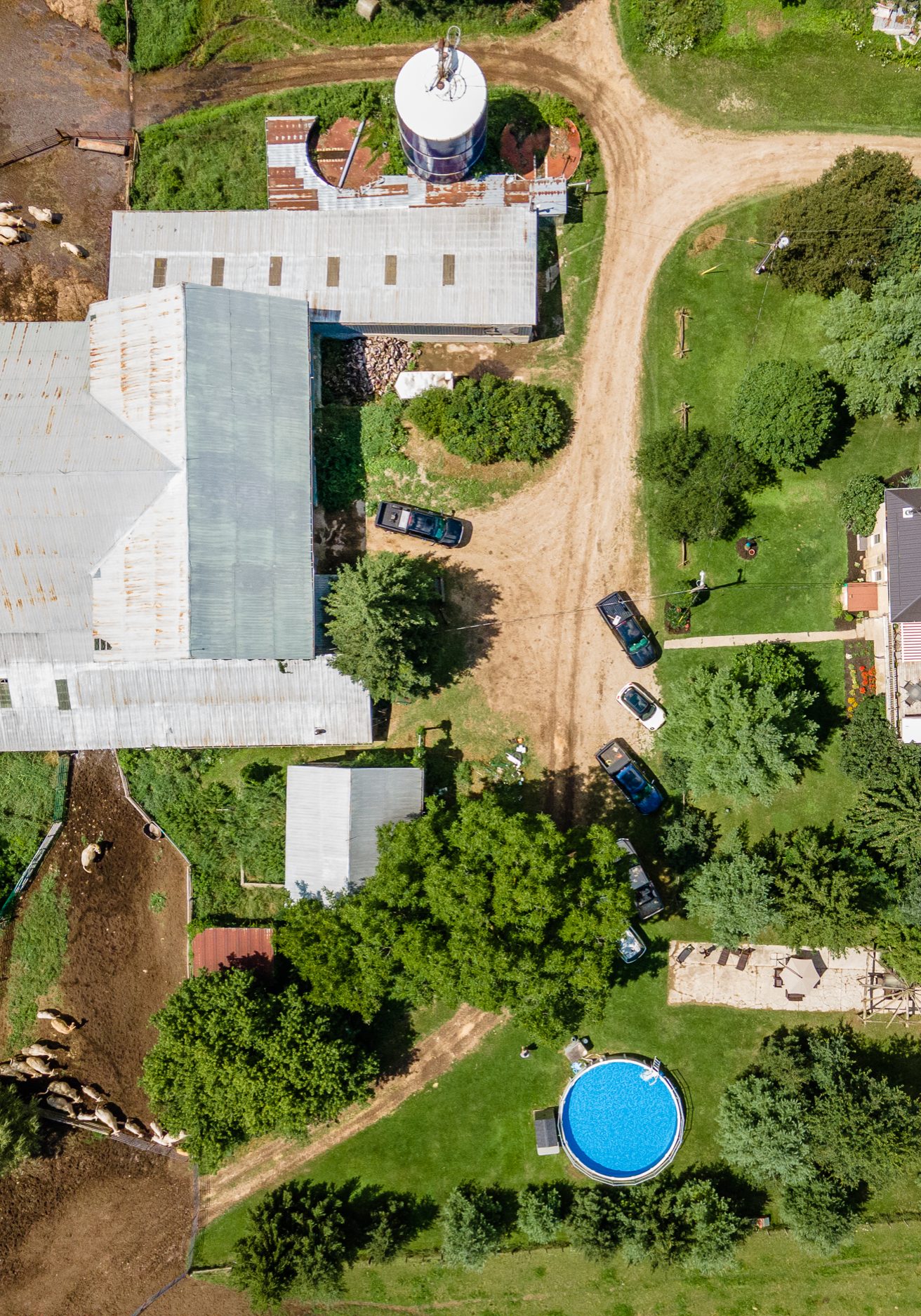
While Ottawa is Canada’s capital region, it continues to maintain a strong agricultural sector, employing over 10,000 Canadians either directly or indirectly tied to the industry across nearly 1,200 farming operations. Farmland throughout the area takes up about 40% of the land in rural municipalities within the area, with a focus on cash-crops and livestock production. Traditionally, the region produced mainly cash-crops and livestock, they have since incorporated a large variety of categories to satisfy the market.
Some additional farming categories found throughout the region include bee and honey farms, edible flowers, as well as speciality fruit and vegetables, which allow for added revenue for the businesses and really allow for their farms to be put on the map. There has been an increase to producing organically certified produce throughout the region, as well as shifting into agri-tourism opportunities, both of which farmers within the region are utilizing as additional revenues. Whether it’s hosting educational programs on the farm, or developing out sampling opportunities, farms incorporating this business have been economically beneficial. More development opportunities include small-scale processing and community support agriculture boxes. Additionally, the Ottawa area has begun to utilize and support more urban agriculture operations within the city’s core.
The Ottawa Federation of Agriculture represents the interests and concerns of the farm families throughout the Ottawa region along with the Ontario Federation of Agriculture. Additionally, Just Food has created a Start-Up Farm Program with a variety of resources and supports for new farm owners and operators within the Ottawa region in an effort to remove barriers for those who would like to join the agriculture industry. Just Food has accomplished this since 2013 by providing access to rentable land, using shared infrastructure and equipment, as well as offering workshops to put tools into hands of soon-to-be farmers!
There are a variety of greenspaces throughout the Ottawa area, with many considered protected, conservation areas. These protected areas include Britannia Conservation Area, Richelieu Park, and Carp Hills Municipal Nature Reserve to name a few. Additionally, sustainability is a priority throughout the Ottawa area with regard to agriculture. As part of Canada’s greenbelt, there are resources from the National Capital Commission to rehabilitate historic barns, encouraging farmers to achieve organic farming certifications, as well as continue developing sustainable farming programs and practices.
Soil
The soil composition within the Ottawa region is comprised of limestone, till, sand, clay, organic material, peat, and eskers. This soil type is considered good for general agricultural uses, including growing common field crops of corn, cereal grains, and hay. The majority of the soil within the region is considered well-draining. Maintaining good soil health is a priority for the region, as the City takes steps to avoid soil erosion.
Weather
The weather in the Ottawa region is comfortable, with winter temperatures averaging around
-15°C, rarely getting colder than -25°C. Summer temperatures average around 27°C, rarely surpassing 31°C. The average rainfall for the area ranges between 13 mm to 77 mm month over month, with an average snowfall of 326 mm in December. The longest days have roughly 15 hours 40 minutes of sunshine, with the shortest days welcoming 8 hours and 43 minutes of daylight in the winter.
There are an estimated 5.4 months of the growing season from April 30 to October 10 annually.
Water & Air
The Ottawa region is provided with ample water sources from the Ottawa river that flows through the region. The water is tested, filtered, and then distributed to the residents through the municipality. Nonetheless, there are residents that receive their water through a private well, in which case, the City offers free well water testing. The water within the region is considered very soft water within central Ottawa, with a rating of 30 mg/L of total hardness, and is considered harder throughout the municipal water systems with a rating of 200 mg/L – 350 mg/L.
The air quality within the Ottawa region is reported as low risk and good.
Animals & Insects
Throughout the Ottawa region, many species are found, including hares, squirrels, beavers, coyotes, foxes, river otters, cougars, and black bears. Additionally, there are many fish that call Ottawa home, such as catfish, pike, walleye, and a variety of bass, perch, and trout. Birds are also abundant, with a variety of warblers, swallows, and wren, as well as blackbirds. The City of Ottawa has also listed those species that are deemed at risk or endangered within the area.
Read Our Latest Blogs
Discover Neighbour Farming Communities to Ottawa
ONTARIO FARMING COMMUNITY PAGES
On our community pages, you'll find a wide variety of local information and resources.


